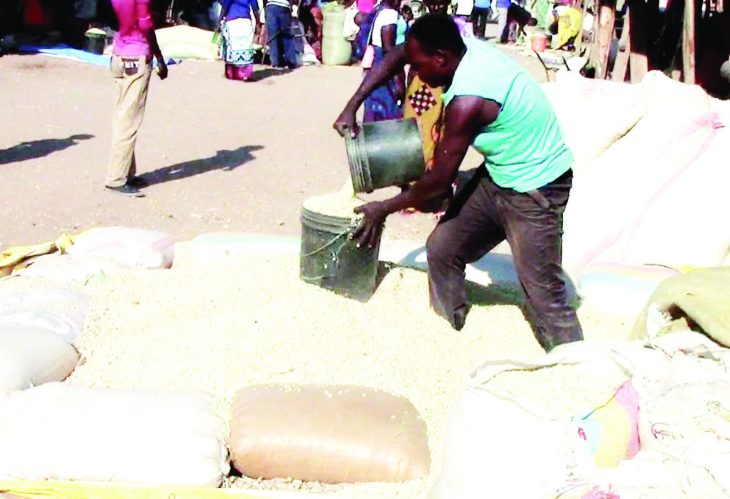
Measuring the Economic Toll: Quantifying the Cost of Food Insecurity on Malawi’s Businesses and Growth
Key Business Points
- Food insecurity is a persistent threat to Malawi’s economic future, affecting millions of Malawians and weakening the consumer base.
- Soaring food prices are draining the nation’s growth, making it challenging for businesses to operate and for consumers to afford basic necessities.
- Diversification of economy is crucial to mitigate the effects of food insecurity and promote economic growth, with opportunities for investment in agriculture, manufacturing, and services sectors.
Malawi’s economy is facing significant challenges, with food insecurity being a major concern. For over a decade, millions of Malawians have been struggling to access basic food staples, with the situation escalating from a seasonal crisis to a persistent threat to livelihoods. The underlying issue is a complex web of factors, including soaring food prices, which are eroding the purchasing power of consumers and weakening the consumer base. This, in turn, is affecting businesses across various sectors, from retail to manufacturing, as consumers are forced to allocate a larger portion of their income towards food, leaving limited disposable income for other goods and services.
The situation is further compounded by the fact that Malawi’s economy is heavily reliant on agriculture, which is vulnerable to climate change, pests, and diseases. To mitigate these risks, diversification of the economy is essential, with opportunities for investment in value-added manufacturing, tourism, and services. By promoting economic growth in these sectors, Malawi can reduce its dependence on agriculture and create new opportunities for employment and income generation. As the renowned Chichewa proverb goes, "M’malo mwa moyo, simukunyadira" (a strong economy is built on diverse foundations).
To address the issue of food insecurity, the government and private sector must work together to invest in irrigation infrastructure, improve agricultural productivity, and enhance market access for smallholder farmers. This can be achieved through initiatives such as contract farming, agricultural extension services, and market information systems. Additionally, businesses can play a critical role by investing in food processing and storage facilities, which can help reduce post-harvest losses and improve the overall efficiency of the food value chain. By working together, Malawi can build a more resilient economy and ensure that its citizens have access to affordable and nutritious food. As the Malawian business community saying goes, "Umodzi Kumwamba" (unity is strength), collective efforts are necessary to overcome the challenges facing the economy.
What are your thoughts on this business development? Share your insights and remember to follow us on Facebook and Twitter for the latest Malawi business news and opportunities. Visit us daily for comprehensive coverage of Malawi’s business landscape.
- Malawi Entrepreneurs: Scale Your SME, Strengthen the Economy - February 10, 2026
- Chichiri Mall’s Retail Shift: Icon Secures Opportunity for Malawi’s Business Growth Post Shoprite - February 10, 2026
- Icon Properties: Shoprite Departure Spurs Opportunity in Malawi’s Evolving Market - February 10, 2026
